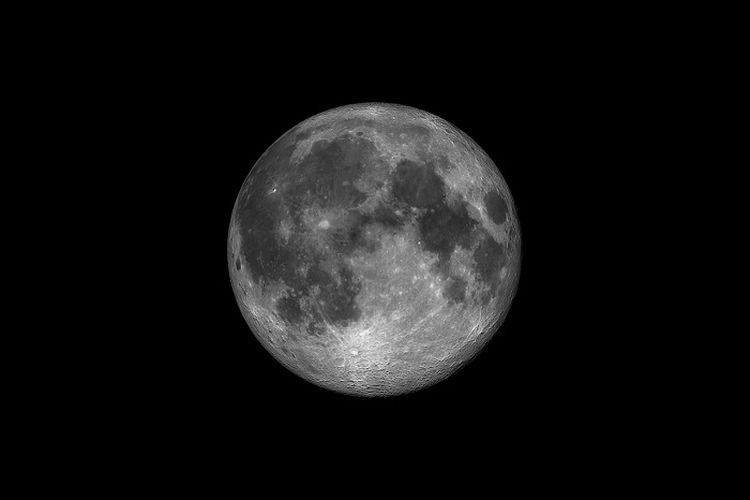Chinese unrecognized Taiwanese representatives and businessmen, together with dozens of people, are arriving in our neighboring country today, October 27. Beijing has warned in advance that joining Taiwan could be costly for Lithuania.
Lithuania has long been alienated from forums and various dealings with China, but today, with the arrival of the Taiwanese Representation in Vilnius, a relatively high point of tension is officially emerging.
At the same time, the promise to open a Taiwanese office in the Lithuanian capital, which will maintain business ties with the Asian nation, is materializing. It is important that this office bears the name of Taiwan, and not, as previously accepted, without irritating Beijing, to call it the “Taipei” representation. Thus, Taiwan’s claims to independence are not recognized through diplomatic channels. Elsewhere in the world, Taiwanese missions are acting on behalf of the capital, Taipei, as there is an international consensus that the name does not run counter to the “one China” policy, which prevents Taiwan from being seen as a separate country. tv3.lt.
Lithuanian politicians have repeatedly reminded that today’s visit to Vilnius is only to supplement the scope of business cooperation. That does not seem to Beijing. Earlier, China recalled the Lithuanian ambassador to the talks and warned our neighbor to support Taiwan. The Lithuanian Ambassador also arrived home from Beijing in September.
Taiwan hopes to open a representative office in Vilnius by the end of the year. Lithuanian Economy Minister Aušrine Armonaite confirms that she plans to open a Vilnius office in Taiwan early next year.
Una Aleksandra Bērziņa-Čerenkova, Head of the Chinese Studies Center at Riga Stradins University, said that despite the fact that the Taiwanese delegation went to Lithuania in numerically smaller numbers than the Taiwanese business delegation visited Slovakia and the Czech Republic, the visit to Lithuania attracts much more attention – Lithuania’s withdrawal from the Chinese Central and Eastern European Cooperation Platform in the “16 + 1” format, as well as the deepening of relations with Taiwan and the opening of its representation on behalf of the capital, Taipei.
She said that Lithuanians are interested in high-tech cooperation with Taiwan. In the past, the “16 + 1” format was, in the optimistic view of the Baltic States, a platform for their co-operation with China, but in reality, this co-operation with China has minimally “moved out of place”. In the context of transatlantic events, China’s role in the Euro-Atlantic area is growing, so Lithuania has projected this idea to the developed democracies of East Asia, as evidenced by the opening of the Lithuanian Embassy in Seoul and deeper cooperation with Singapore and Taiwan. In this way, Lithuania intends to use a so-called “political wave” through Taiwan to justify the unfulfilled expectations placed on China in the past – increasing Lithuanian exports of goods to East Asia and attracting direct investment in high technology.
Lithuania’s decisions have also been largely dictated by the domestic political situation, the values of the current government and its position towards China. At the same time, Bērziņa-Cherenkova said that it does not seem that Estonia and Latvia would follow Lithuania’s example. However, the other two Baltic states are also diversifying their Chinese policy with the mechanisms at their disposal, investment screening, and a well-thought-out reduction of membership in the “16 + 1” format.


